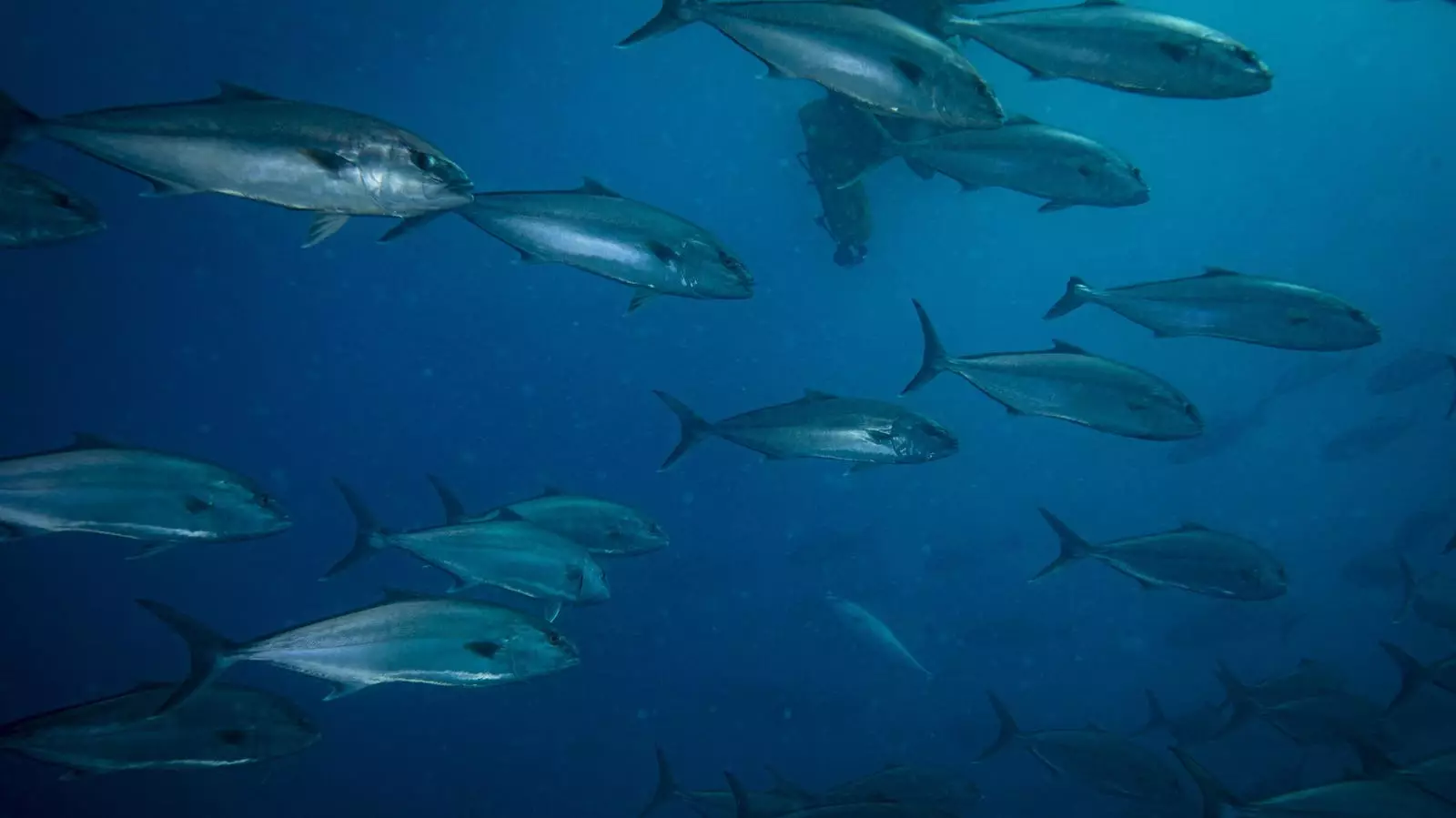Blue foods—encompassing a wide variety of aquatic life such as fish, shellfish, and seaweed—are crucial sources of nourishment for over 3 billion people around the globe. This marine bounty not only sustains diets rich in essential nutrients and proteins but also serves as a pillar for the livelihoods of approximately 800 million individuals worldwide. Despite their significance, blue foods and the systems that manage their harvest have not received the attention they deserve in the global conversation surrounding sustainable food systems. As we grapple with escalating environmental challenges, it is imperative that blue food frameworks become integral components of these discussions.
At present, blue food systems stand at a pivotal point where the potential for sustainability lies within our reach. Unlike many other forms of food production, whose negative impacts often seem insurmountable, it is still feasible to engrave sustainability into the foundation of blue food systems. If we spark a collective commitment to responsible practices today, we can avert the pitfalls presently witnessed in industrial land-based agriculture. However, the clock is ticking; if we persist in making the wrong choices, we risk facing the same dire conversations about blue foods in a decade, highlighting the urgent need for conscientious decision-making in the present.
Small-scale fisheries, which constitute about 90% of the global sector, contribute significantly to the overall fish catch, accounting for an impressive 40% of what’s harvested from our oceans. This sector represents a beacon of hope where local communities take charge of their resources. Rather than succumbing to pressure from industrial fishing giants, these fishers are critical to shaping a sustainable future. By empowering small-scale fishers, we can create responsible blue food systems that not only support ecological health but also uplift communities.
Across the spectrum of blue food systems, a new generation of leaders is advocating for sustainable practices and equitable opportunities. Organizations and initiatives led by passionate individuals are fostering communities focused on nurturing these vital resources. The North American Marine Alliance, spearheaded by advocate Niaz Dorry, aims to ensure economic empowerment and fair compensation for fishers while celebrating the diversity of blue food options.
Moreover, initiatives like the Lift All Boats Project facilitate mentorship in the fishing industry, providing pathways to success for those who often lack access. This innovative approach is crucial for integrating marginalized communities into the blue food narrative. As highlighted by Imani Black, founder of Minorities in Aquaculture, fostering diversity not only enhances individual lives but also enriches the aquaculture workforce as a whole. Black’s commitment to creating a supportive network for women of color showcases the potential for transformative change within the industry.
In parallel, Chef Eric Gephart stresses the exciting intersection of tradition and innovation, where age-old fishing and cooking techniques merge with modern sustainable practices. Projects such as Wholechain aim to increase transparency in seafood supply chains, enabling consumers to make informed decisions that align with their values. This exemplifies the powerful synergy that can occur when traditional know-how is paired with technological advancements.
Innovative solutions to food security challenges are emerging in urban settings as well. Yemi Amu’s Oko Farms in New York City is the first publicly accessible outdoor aquaponics center, promoting ecological farming and aquaculture awareness among urban populations. By establishing aquaponics facilities in schools and community spaces, Amu emphasizes the importance of local protein sources while maximizing available space. Such initiatives model how urban areas can effectively contribute to sustainable blue food systems.
The actions taken today will decisively shape the future of global blue food systems. Preliminary data suggests that we may be heading in a positive direction, particularly in nations like the United States, where fisheries are slowly recovering. Recently, the United Nations Food and Agriculture Organization published its inaugural Guidelines for Sustainable Aquaculture, a comprehensive framework designed to support responsible fishing practices.
Each individual possesses the capacity to drive change by making informed dietary choices. Supporting sustainable and small-scale fisheries is not merely a preference; it is a responsibility that echoes far beyond personal consumption. By aligning our choices with sustainable practices, we can collectively advocate for a healthier planet and ensure the longevity of our blue food resources.
—
The future of blue food systems holds immense potential if properly directed. Through grassroots leadership, innovation, and collective action, we can transform how we engage with our marine resources, ensuring they remain a source of nourishment and community for generations to come.


Leave a Reply